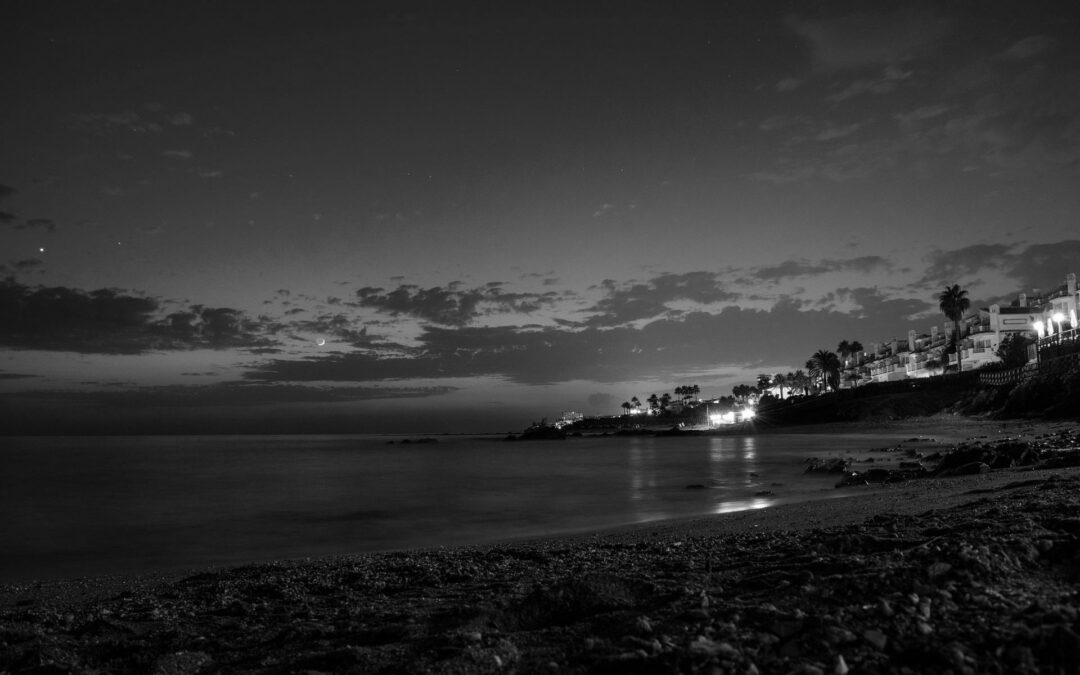Katie Cadden, Solicitor and Mediator at our firm, recently featured in The Irish Times Property Clinic. You can read the original article here and or read the full article below.
Thank you for considering my question. There is a house near a beach area in West Cork where they have a string of very bright lights lit from early evening to early morning. There are several neighbouring houses affected by these lights as well as a small group of caravans and campers. Obviously, wildlife will also be impacted. The lights are way in excess of any safety requirement and are so bright that they overpower the local environment. The owners have been asked to reduce the wattage, the length of time they are lit, or to remove them entirely, all without success. The house in question is a holiday dwelling and not a commercial entity. What recourse do we have? The local council and boards keep passing the buck.

Solicitors & Mediator
It is regrettable that the holiday dwelling owners do not appear to be willing to take action to resolve the concerns you have raised with them.
Unfortunately, there is no legislation in Ireland regulating the excessive or poor use of artificial outdoor light. While there is a process for application by individuals, the Environmental Protection Agency or local authorities to complain to the District Court for a Court Order under Section 108 of the Environmental Protection Act, 1992, this process is for noisy neighbours as opposed to light nuisance.
Local options
You appear to have raised the matter with the local Council and ‘boards’, but to no avail. If you have not contacted the Environment Directorate of Cork County Council, this is worth considering. You could also raise your concerns directly with your local elected Councillor(s) and/or the TD for your constituency.
Mediation
Another option is to ask the holiday dwelling owners to try Mediation. This is a voluntary, confidential process that allows parties resolve their conflict in a mutually agreeable way with the help of an independent third party; a mediator. A Mediator works with parties in a collaborative and consensual manner to reach an outcome that both sides can live with. This option less adversarial, cheaper and more expeditious than litigation. A further benefit of Mediation is that it allows the participants collectively and not the legal system to control the process, timetable, issues and outcomes.
Courts
If attempts at informal resolution and/or mediation have failed, litigation is an alternative process open to you. This entails taking the dispute against the holiday dwelling owners to a court of law to be determined by a judge.
The law of torts is concerned with private disputes between individuals. Nuisance in tort law consists essentially of the unreasonable interference with another person in exercising their rights associated with occupation of property. In private nuisance actions, claimants seek damages for loss as a result of the private nuisance or injunctive relief – a court order requiring the nuisance to cease.
For a private nuisance claim to succeed, the inconvenience and interference with the quiet enjoyment of your property caused by the string of lights must be ‘unreasonable’. There are a range of factors that a judge will take into account when hearing arguments by both sides and considering whether the external lighting and its impact is unreasonable.
As a process, you should be aware that litigation can be lengthy, contentious, stressful and costly. The outcome of a case can never be guaranteed, and litigation will never be without risk. Furthermore, litigation can further compound fractured relationships between individuals. The courts actively encourage parties to resolve their disputes without court intervention and consider litigation to be a ‘last resort’ for dispute resolution.

